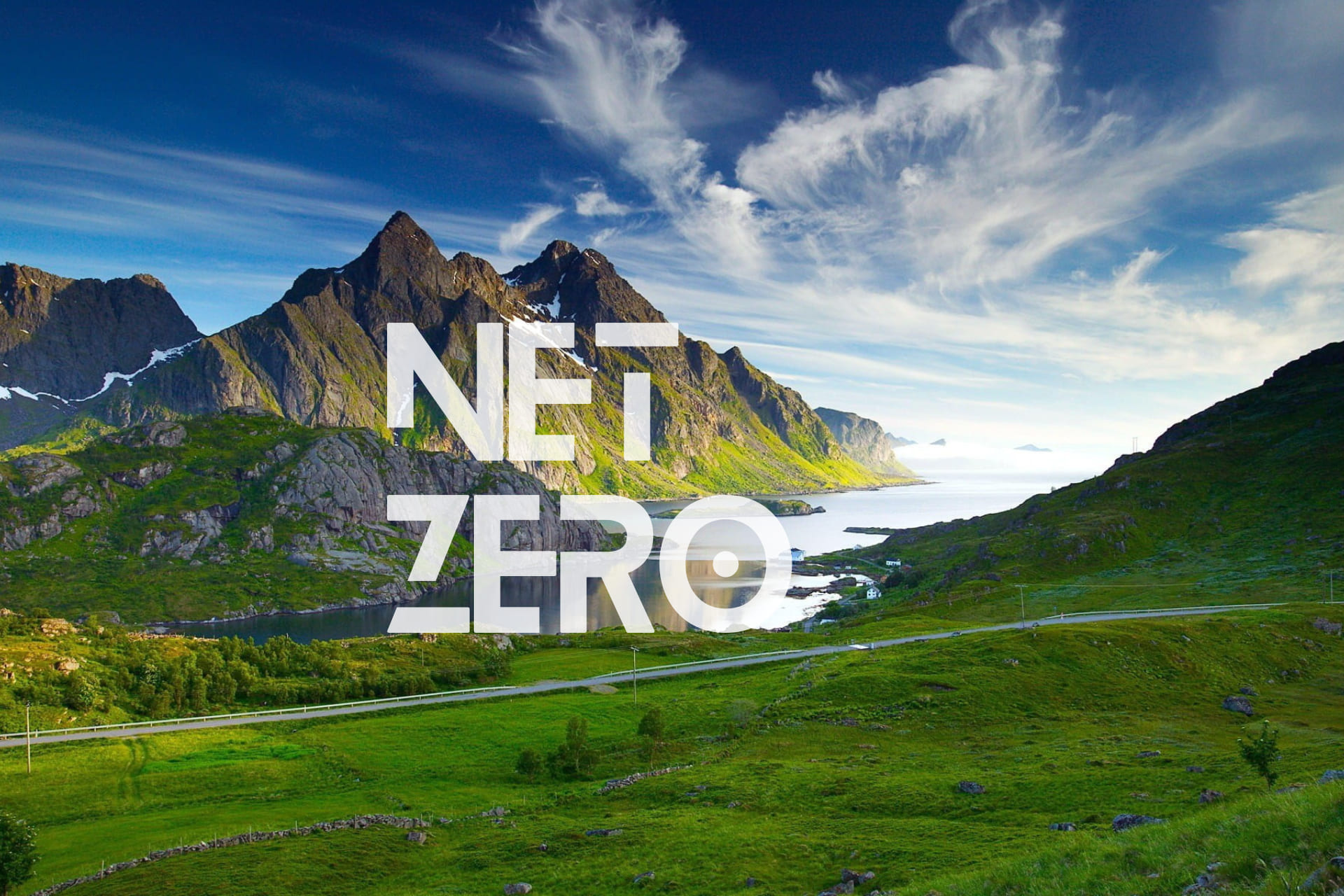
Understanding Net Zero: A Path to Sustainable Future
What is Net Zero?
Net zero is a state where the emissions of Greenhouse gases (GHG) due to human activities and the removal of these gases are in balance over a given period. Shifting from fossil fuels to sustainable energy sources is one of the pathways to reach net-zero.
The Science Behind Net Zero
The idea of net-zero came out of research in the late 2000s based on how the atmosphere, ocean, and carbon cycle are reacting to CO2 emissions. This research found that global warming will only stop if CO2 emissions are reduced to net-zero.
What is the Carbon Cycle? The Carbon cycle is a part of a biochemical cycle where carbon is exchanged among the biosphere, pedosphere, geosphere, hydrosphere, and atmosphere of Earth. The carbon cycle comprises a sequence of events that are key to making Earth capable of sustaining life.
Understanding Greenhouse Gases
One of the most common GHGs is CO2, which is found in the earth's atmosphere, along with nitrogen, oxygen, methane, and other gases that are part of the planet's air.
CO2 traps heat on Earth like greenhouses trap heat to grow tomatoes in cold climates. Much of it causes problems such as heat waves and ocean acidification.
Terminology: Net-Zero vs. Carbon Neutrality
Net-Zero emissions, Carbon neutrality, and Climate neutrality are terms often used by people. However, in some cases, these terms have different meanings.
For example, Carbon neutral certifications will allow a lot of carbon offsetting. But Net-Zero standards require reducing emissions to more than 90% and only offset the remaining 10% or less to fall in line with 1.5°C targets.
Global Progress Towards Net Zero
The world is undertaking an ambitious transition to limit global warming above preindustrial levels. Accomplishing this would avoid the most catastrophic effects of a permanently warmer planet. At present, the world is not on track to achieve this goal.
As of November 2023, 145 countries have announced considering net-zero targets, covering close to 90% of global emissions. Country-level net zero targets now cover 92% of global GDP, 88% of emissions, and 89% of the world population.

Our Collective Responsibility
Our planet's future depends on our choices today. Each of us has the power to make a difference. Let us all unite and reshape our one world where nature and humanity coexist in harmony, paving ways for a brighter, innovative, greener, and sustainable world for generations to come.
Taking Action Towards Net Zero
Solar energy represents one of the most effective paths toward achieving net-zero emissions. By transitioning from fossil fuels to renewable energy sources like solar power, we can significantly reduce our carbon footprint while enjoying energy independence and cost savings.
Whether you're a homeowner or business owner, investing in solar energy is a practical step toward contributing to the global net-zero goal while also benefiting from lower energy costs and increased property value.
For solar installations or net-zero sustainability consultations, contact us at REV Solar.